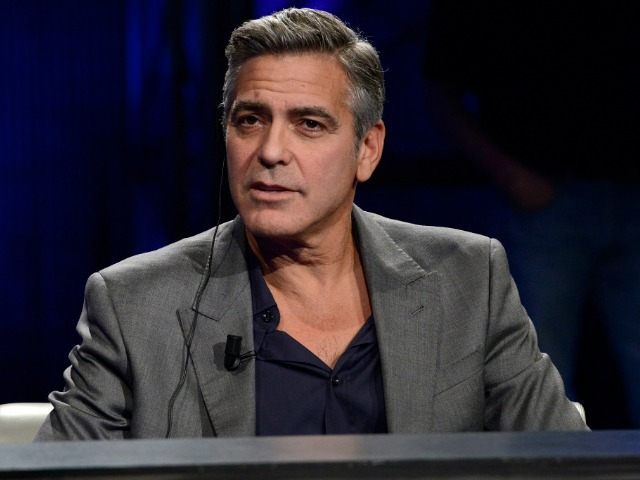With 18 reviews in (5 negative), director/co-writer Brad Bird’s “Tomorrowland” is just barely hanging on with a 71% fresh at Rotten Tomatoes (60% and above is considered “fresh”); the problem is that even some of the positive reviews are tepid. To describe the Disney sc-fi extravaganza, positive and negative reviews alike use words like “smug … liberal … climate change … lecture … platitudes.”
There is also a consensus that the finale is more talk than action
THR:
How many sci-fi/fantasy films of recent years have climaxed with anything other than massive conflict and conflagration? Whatever the number, Tomorrowland is one of the few to place far more emphasis on talk than action, which is what will probably contribute to what, for some, will make for a softer experience than the genre norm.
‘Tomorrowland’ is singularly unafraid of weighty concepts, tackling climate change, our ongoing fascination with the apocalypse and the very Disney-ish idea of being ‘special’. It does get dry (some scenes feel suspiciously like TED talks) and the script’s fleeting efforts to unpick its dubious Ayn Rand-ish central ideology are completely undermined by a clunky, flat-as-a-pancake finale.
Clooney seems to have been cast as much for his liberal credentials as for his star power, and it’s a choice that can’t help but leave a somewhat smug aftertaste; he’s almost too fitting a spokesman for a movie that urges humanity to end all wars, take responsibility for the environment, and foster a greater, more alert engagement with the world around us. All worthy and admirable objectives, to be sure, but they can’t help but feel like platitudes in the absence of an adventure that compels and sustains dramatic interest on its own terms. Even when delivered with the best intentions, a lecture is a wretched substitute for wonder.
With “Ratatouille” (2007) and “The Incredibles” (2004), animated or otherwise, Brad Bird gave us two of the most original films of the last decade; two films that celebrated individualism and exceptionalism in an American culture sinking deeper and deeper into the toxic belief that everyone deserves a trophy.
Before that dual triumph, Bird made his feature directorial debut with 1999’s “Iron Giant,” which is regarded by many as an animated classic in its own right.
In 2011, Bird moved into live action with “Mission: Impossible — Ghost Protocol,” which reinvigorated a franchise (and a Tom Cruise) that appeared to be running out of steam.
The “Tomorrowland” trailers intentionally focus on everything but what the film is about. That doesn’t mean the movie actually is about nothing. The strategy is still risky, though, because it makes “Tomorrowland” look like a bloated piece of fanciful sci-fi nothingness, which is always a painful movie-going experience. My personal reaction is that, unlike “Interstellar,” which did draw me into its “about” mystery, “Tomorrowland” feels like it could replicate the grueling experience of watching someone else play a video game for two hours.
—
—
Every director eventually stumbles. For the last 15 years, preachy, left-wing movies have stumbled at an alarming rate of 100%. If anyone can break this streak it is Brad Bird. Casting the politically polarizing and overrated Clooney in a big-budget blockbuster might have been his first mistake.
John Nolte on Twitter @NolteNC

COMMENTS
Please let us know if you're having issues with commenting.